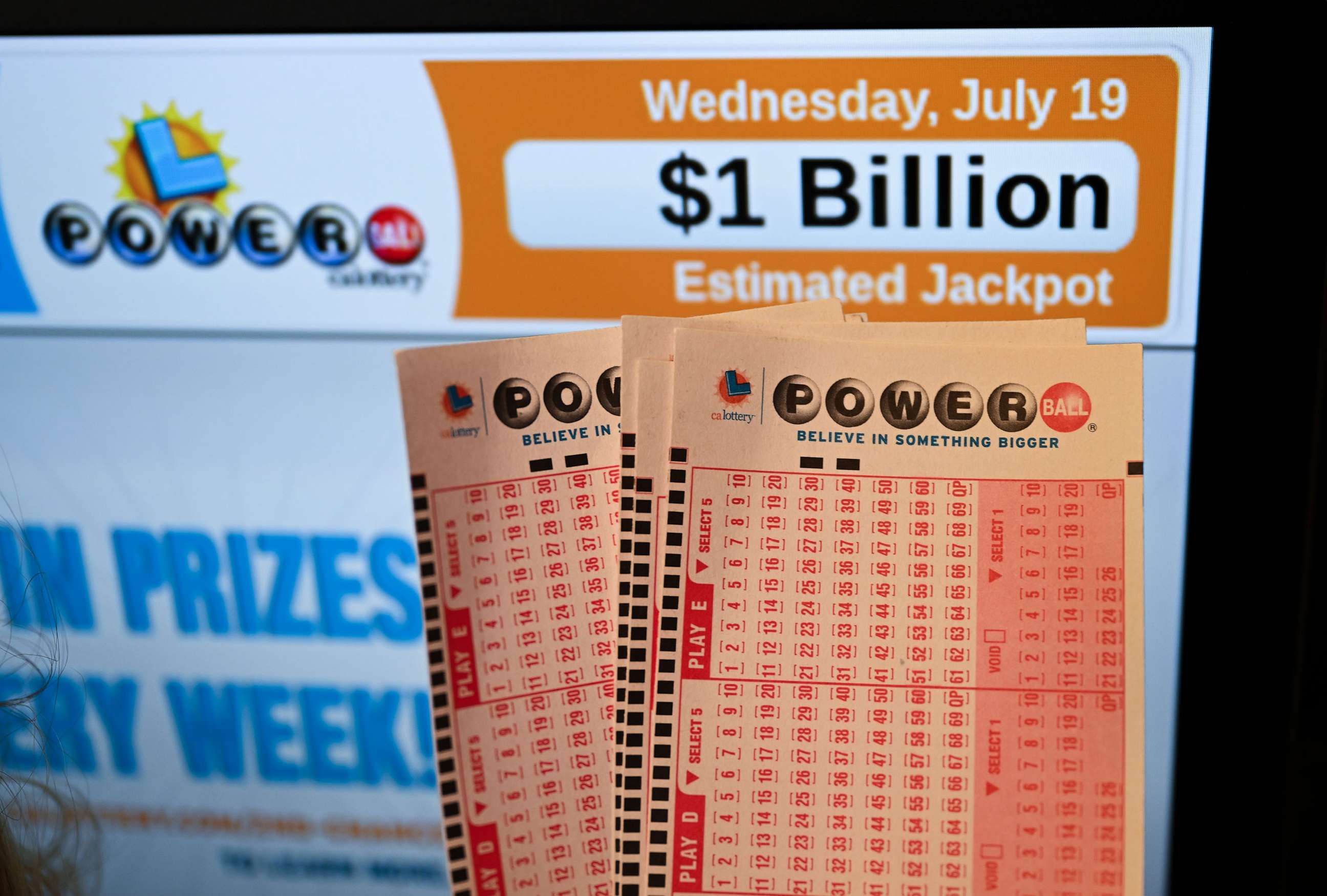
The relentless pursuit of financial windfall through lottery games continues to captivate millions. With jackpots soaring to unprecedented heights, the allure of instant wealth remains a potent force, driving individuals to test their luck against astronomical odds. This article delves into the Powerball phenomenon, examining its mechanics, the odds of winning, and the strategies, however improbable, that players employ in their quest for the ultimate prize.
Understanding Powerball
The Basics
Powerball is a multi-state lottery game administered by the Multi-State Lottery Association (MUSL). Players select five white balls numbered from 1 to 69 and one red Powerball numbered from 1 to 26. Drawings are held every Monday, Wednesday, and Saturday night. To win the jackpot, a player must match all five white balls in any order and the red Powerball. Smaller prizes are awarded for matching fewer numbers.
How to Play
Purchasing a Powerball ticket is straightforward. Tickets are sold at authorized lottery retailers across 45 states, the District of Columbia, Puerto Rico, and the U.S. Virgin Islands. Players can choose their numbers manually or opt for a “Quick Pick,” where a computer randomly selects the numbers. The cost of a single ticket is $2, with an optional “Power Play” feature available for an additional $1, which can multiply non-jackpot winnings.
The Odds of Winning
Statistical Reality
The odds of winning the Powerball jackpot are astronomically slim. According to the official Powerball website, the probability of matching all five white balls and the Powerball is approximately 1 in 292.2 million. These daunting odds highlight the highly improbable nature of winning the grand prize. Matching five white balls but missing the Powerball offers a significantly better chance, but still stands at 1 in 11.7 million.
Prize Tiers and Probabilities
Powerball offers nine prize tiers, each with varying odds of winning. Matching just the Powerball yields a prize of $4, with odds of 1 in 38. The overall odds of winning any prize are approximately 1 in 24.9. The prize amounts for each tier are determined by ticket sales and the number of winners at each level.
Strategies and Superstitions: Chasing the Financial Windfall
Number Selection Methods
Despite the random nature of the lottery, many players employ strategies in selecting their numbers. Some choose frequently drawn numbers, believing that past performance influences future outcomes, a concept known as the gambler’s fallacy. Others opt for less common numbers, hoping to avoid splitting the jackpot with multiple winners. However, statistical analysis confirms that each number has an equal chance of being drawn, regardless of its past frequency.
The Power of Superstition
Superstition plays a significant role in the lottery experience for many. Lucky numbers, birthdates, and anniversaries are commonly used. Some players adhere to rituals, such as purchasing tickets from specific locations or at certain times of day. While these practices have no impact on the outcome of the drawing, they add an element of personal significance and excitement to the game.
The Impact of Large Jackpots
Increased Ticket Sales
When the Powerball jackpot reaches extraordinary levels, ticket sales surge dramatically. The media attention surrounding these massive prizes fuels public interest, attracting both regular players and those who rarely participate. The increased ticket sales contribute to even larger jackpots, creating a self-perpetuating cycle of excitement and anticipation. According to a report by the MUSL, jackpot runs exceeding $500 million typically generate a 300% increase in ticket sales.
Economic Considerations
The lottery generates substantial revenue for the states that participate. These funds are often allocated to various public programs, such as education, infrastructure, and social services. However, concerns exist regarding the potential for problem gambling and the disproportionate impact of lottery spending on low-income individuals. Responsible gaming initiatives and awareness campaigns are crucial to mitigate these risks. Research from the National Council on Problem Gambling indicates that lottery games can be a gateway to more severe forms of gambling addiction for vulnerable individuals.
Responsible Play
Setting Limits
It’s essential to approach Powerball, and all forms of gambling, responsibly. Setting a budget and sticking to it is crucial to avoid financial strain. Treating the lottery as a form of entertainment, rather than an investment strategy, can help maintain a healthy perspective. The North American Association of State and Provincial Lotteries (NASPL) advocates for responsible gaming practices and provides resources for players to make informed decisions.
Seeking Help
If gambling is causing financial or personal problems, seeking help is essential. Numerous resources are available, including support groups, counseling services, and helplines. Recognizing the signs of problem gambling and taking proactive steps to address it can prevent significant harm. Organizations like Gamblers Anonymous offer confidential support and guidance for individuals struggling with gambling addiction.
Conclusion
The Powerball lottery, with its enormous jackpots and slim odds, represents a unique blend of hope and chance. While the dream of instant wealth is alluring, understanding the statistical realities and practicing responsible play are paramount. The lottery should be viewed as a form of entertainment, not a path to financial security. The MUSL continues to oversee this game of chance, and it is up to the individual to play responsibly.

